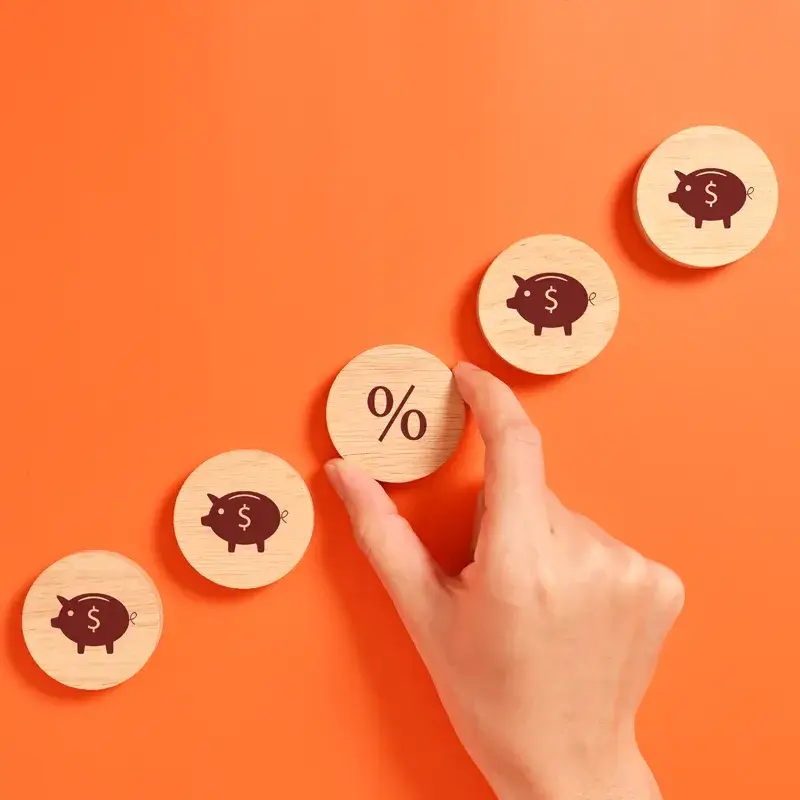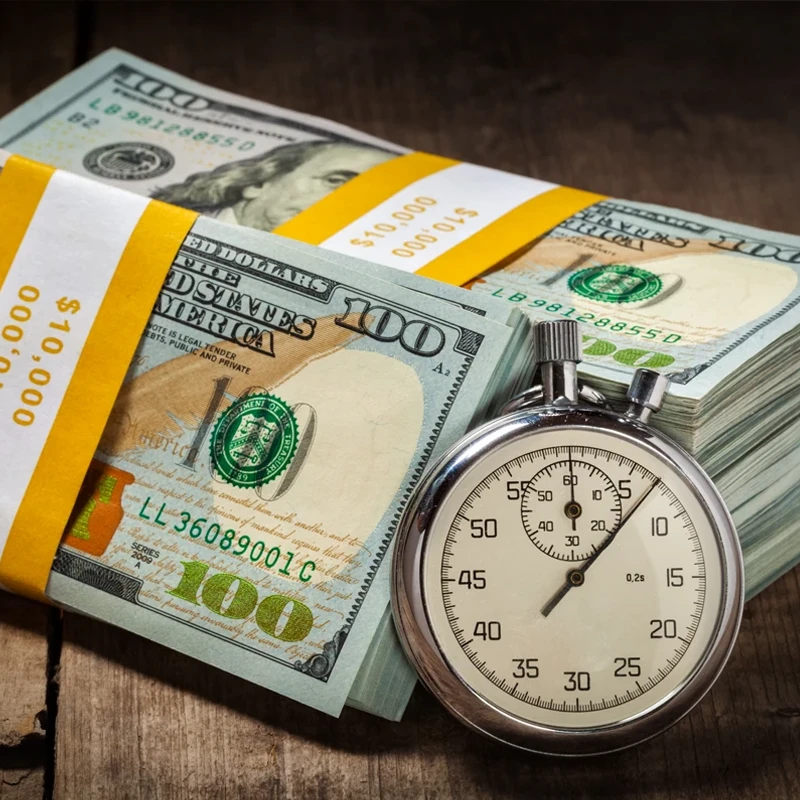Financial abuse doesn’t always start with a slammed door or a screaming match. Sometimes, it begins with a “don’t worry, I’ll handle the bills,” or “you don’t need your own account.” It’s subtle, insidious, and often invisible—until it’s not.
In 2025, financial abuse remains one of the least recognized forms of domestic violence, despite occurring in 99% of abusive relationships. For women aged 20–45—many of whom are navigating dating, cohabitation, or marriage—it’s critical to spot the signs early, understand the emotional toll, and know how to protect yourself financially and physically.
🚩 Red Flags in the Early Stages of Dating

Financial abuse rarely shows up on the first date—but the seeds are often planted early.
Watch for:
- Over-the-top generosity followed by guilt-tripping (“I paid for dinner, so you should stay over”)
- Subtle control over spending (“You don’t need that, I’ll buy it for you”)
- Avoidance of money talk (“Let’s not ruin the vibe with finances”)
- Disdain for your independence (“Why do you work so much?”)
💡 Example: You’re dating someone who insists on paying for everything, then starts criticizing your spending habits or discouraging you from working overtime. That’s not romance—it’s control in disguise.
🕰️ Red Flags After 6–12 Months
As the relationship deepens, so can the manipulation.
Common signs:
- Pressure to merge finances prematurely
- Monitoring your purchases or questioning your spending
- Discouraging career growth or education
- Creating financial dependence (“Quit your job, I’ll take care of you”)
💡 Example: You move in together, and suddenly your partner wants access to your bank account “for convenience.” Then they start making unilateral decisions about shared expenses or criticize your budgeting.
🔒 Long-Term Relationship Red Flags
In longer relationships, financial abuse can escalate into full-blown control.
Look out for:
- Restricted access to money or accounts
- Forced debt (credit cards opened in your name)
- “Allowance” systems or financial punishment
- Sabotaging your employment (making you late, harassing you at work)
💡 Example: You’re married, but your partner insists on managing all finances, won’t let you see account statements, and gives you a weekly “budget” while spending freely themselves.
📊 Who’s Doing the Abusing?

While women are disproportionately affected, financial abuse isn’t gender-exclusive.
- 41% of women experience intimate partner violence in their lifetime
- 26% of men report the same
- Studies show 28.3% of women and 21.6% of men have perpetrated IPV
💡 Reality check: Women are more likely to experience financial abuse due to systemic economic disparities, but men can be victims too. Abuse is about power—not gender.
💔 Emotional & Financial Toll
Financial abuse doesn’t just drain your bank account—it drains your self-worth.
Emotional impact:
- Chronic anxiety and fear
- Loss of autonomy and confidence
- Isolation from friends, family, and career
Financial impact:
- Damaged credit
- Lost income and career opportunities
- Long-term poverty and dependence
💡 Statistic: Women victims of financial abuse lose an average of $103,767 over their lifetime.
Setting up automatic transfers to savings and investing accounts can help you save without feeling the pain of loss. The money you don’t see is money you won’t miss.
🛠️ How to Protect Yourself Early

1. Keep Separate Accounts
Even in committed relationships, maintain your own checking and savings accounts.
2. Talk About Money Early
Discuss financial values, goals, and boundaries within the first few months of dating.
3. Track Your Finances
Use budgeting apps like Monarch, Copilot, or YNAB to monitor your spending and spot irregularities.
4. Build a Safety Net
Start an emergency fund—even if it’s just $20/month. It’s not just money; it’s freedom.
🚪 How to Get Out Safely (Especially If It’s Also Physically Abusive)
If you’re in a financially and physically abusive relationship, safety comes first.
Under-the-Radar Tactics:
- Open a secret account at a different bank using online-only access
- Use cash-back apps or gift cards to build discreet funds
- Store important documents (ID, birth certificate, bank info) in a safe place or with a trusted friend
- Use incognito mode when researching shelters or financial help
Free Resources:
- The National Domestic Violence Hotline 📞 1-800-799-7233 💬 Text “START” to 88788 🌐 thehotline.org Available 24/7, confidential, and in 200+ languages
- The Exodus Project Offers emergency financial grants up to $5,000 for survivors 🌐 theexodusproject.com/resourcesemergencyassistance
- GoodRx Financial Resource Guide 🌐 goodrx.com/well-being/relationships/financial-assistance-domestic-violence-victims
💬 Final Thoughts: Your Worth Isn’t Measured in Receipts

Financial abuse thrives in silence—and in confusion. If you’re just now realizing that what you’ve been experiencing isn’t “normal,” you’re not alone. It’s okay if you didn’t see the signs right away. Millions of women are in relationships where financial control is disguised as love, protection, or partnership. It often starts subtly, and by the time it feels suffocating, the damage is already done—not just to your bank account, but to your confidence, independence, and sense of self.
But here’s the truth: your money, your choices, and your future belong to you. Whether you’re dating, married, or trying to find your way out, you deserve transparency, respect, and autonomy. If someone is trying to take that from you—whether through guilt, manipulation, or outright control—it’s not love. It’s power play.
So speak up. Save smart. Ask questions. Make quiet moves if you need to. And most importantly, know that you’re not powerless. You’re not foolish. You’re not alone. You’re part of a growing wave of women reclaiming their financial freedom—and you deserve every ounce of it. ❤️









